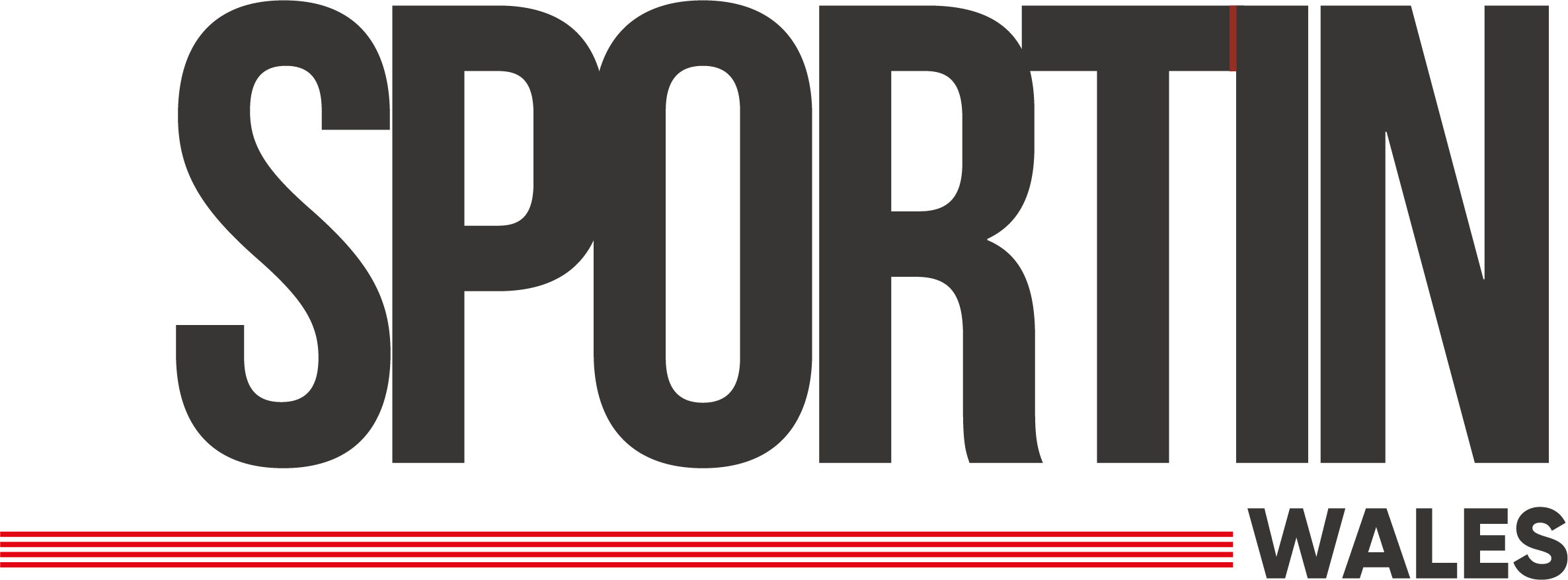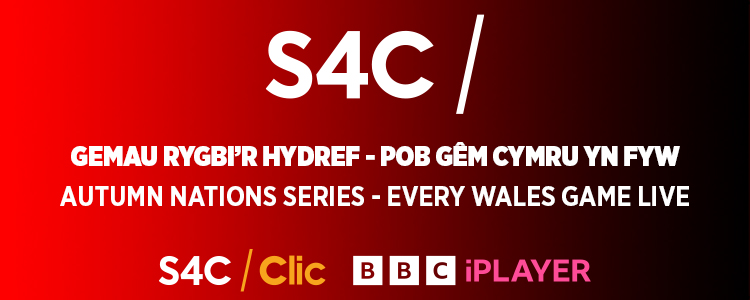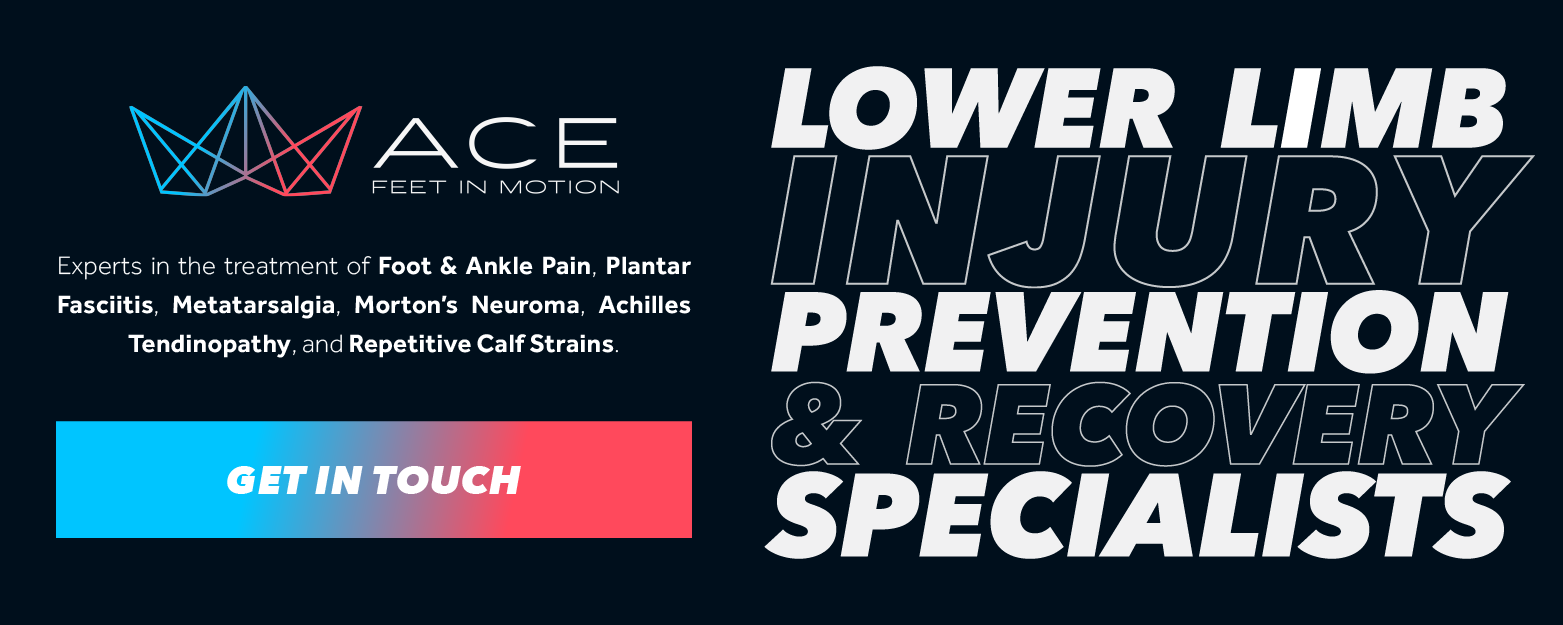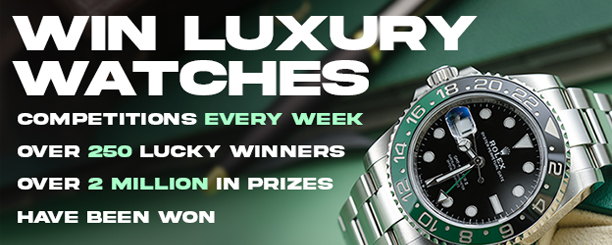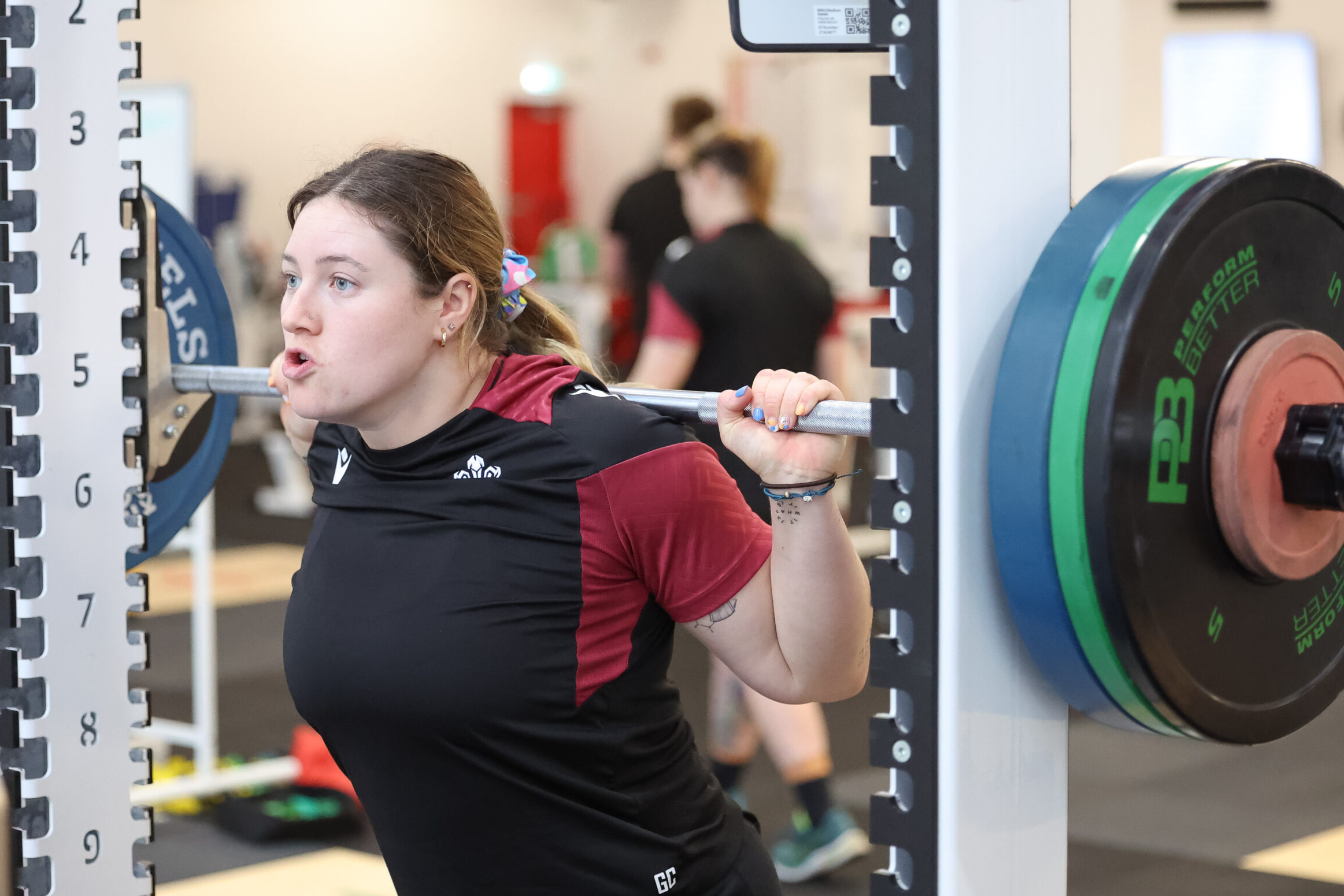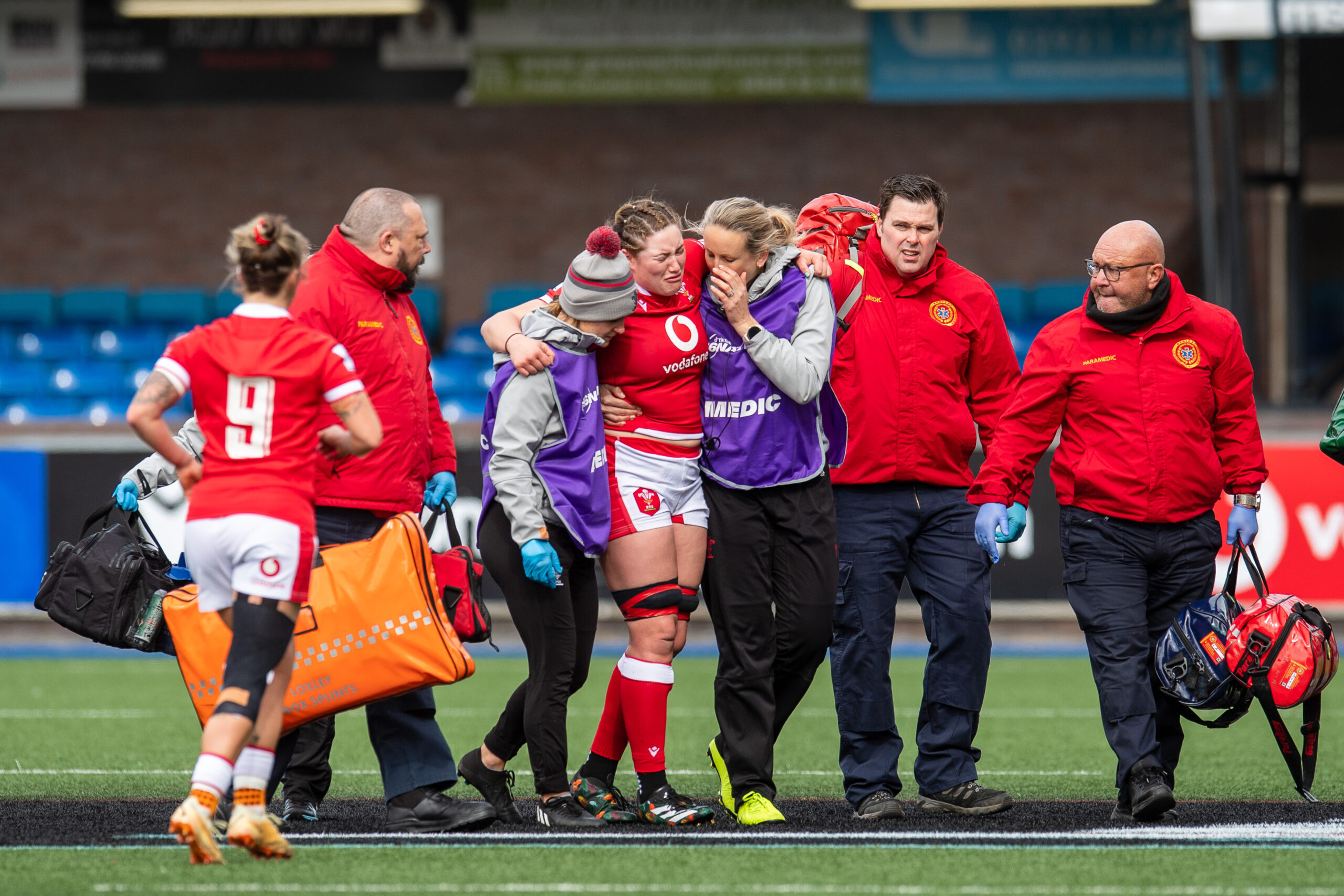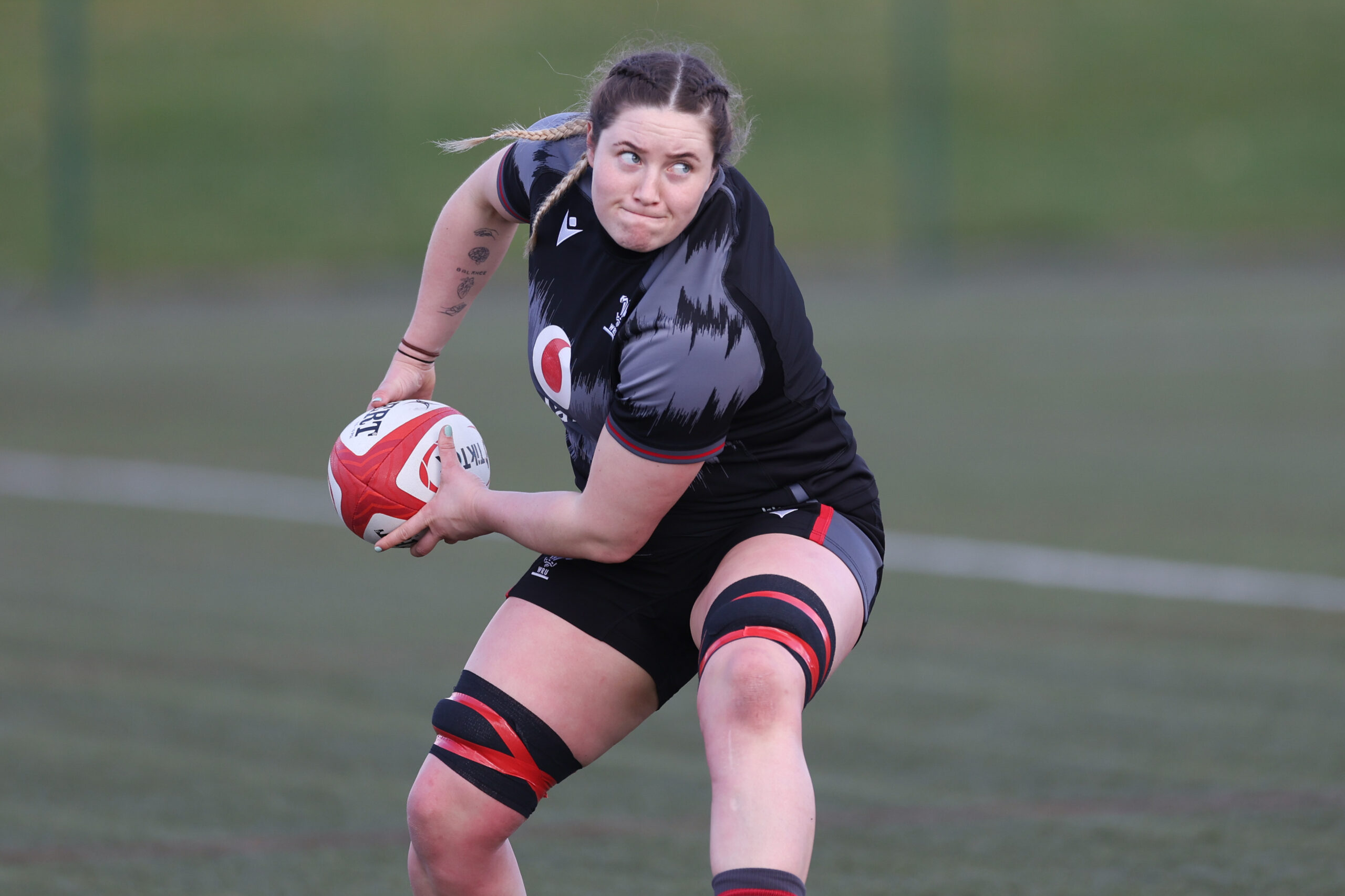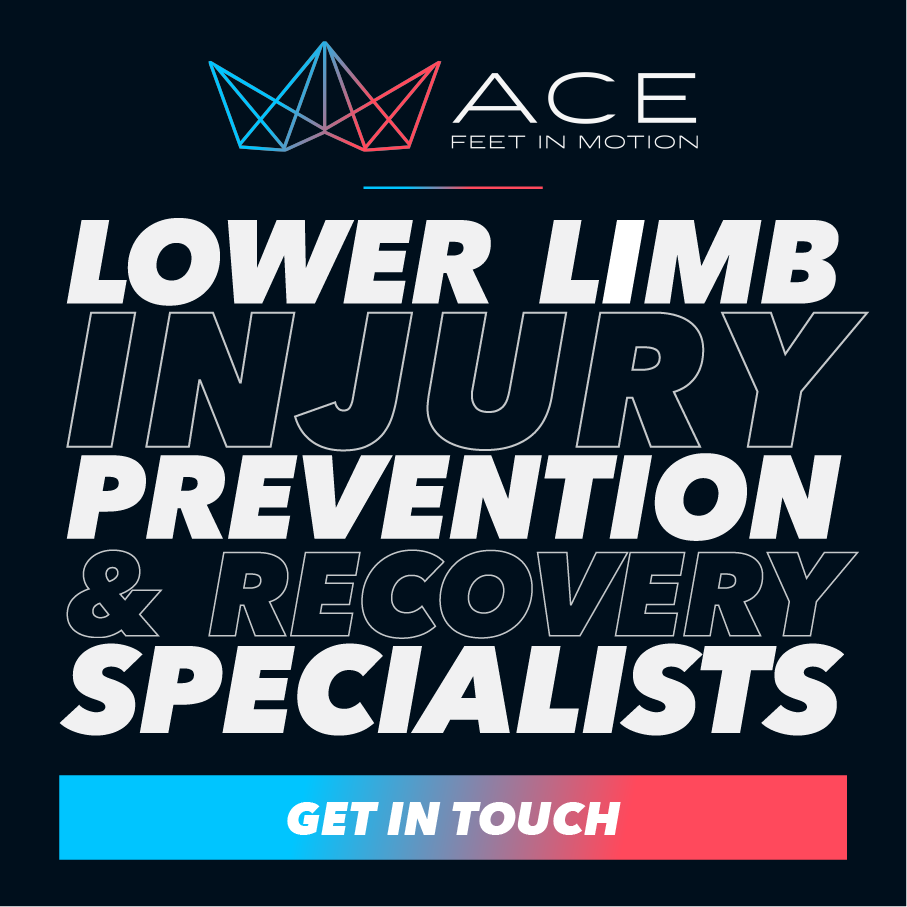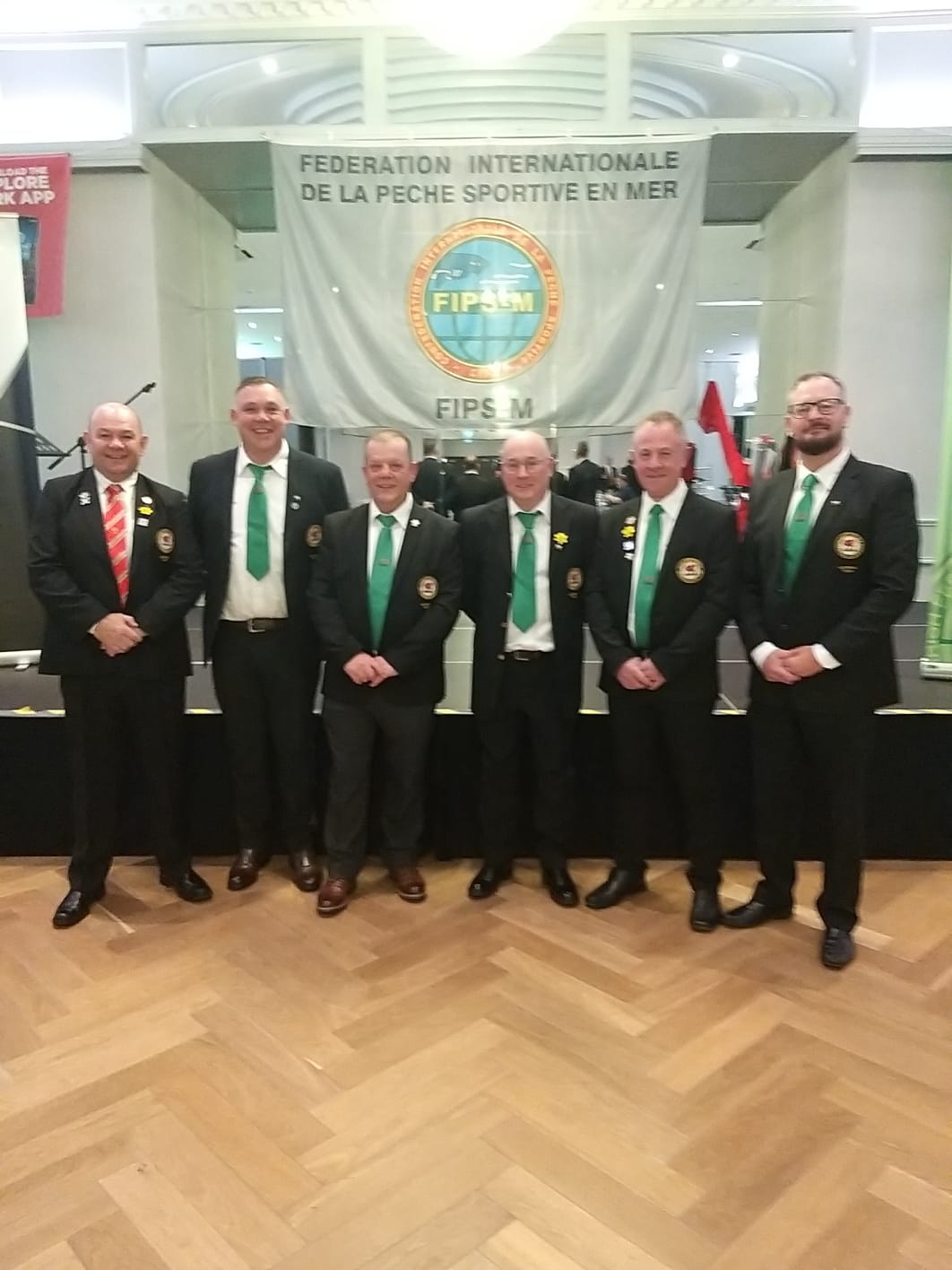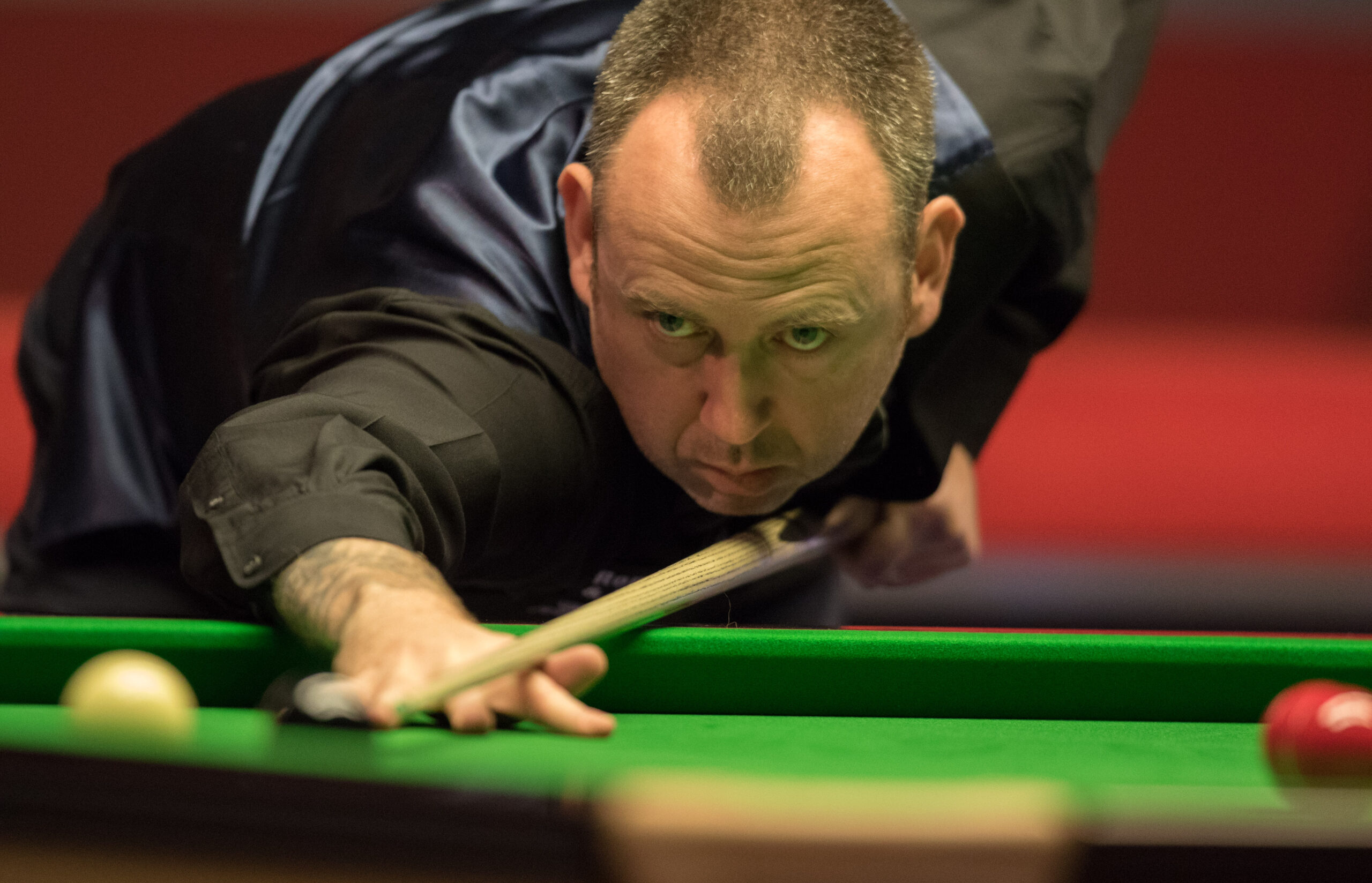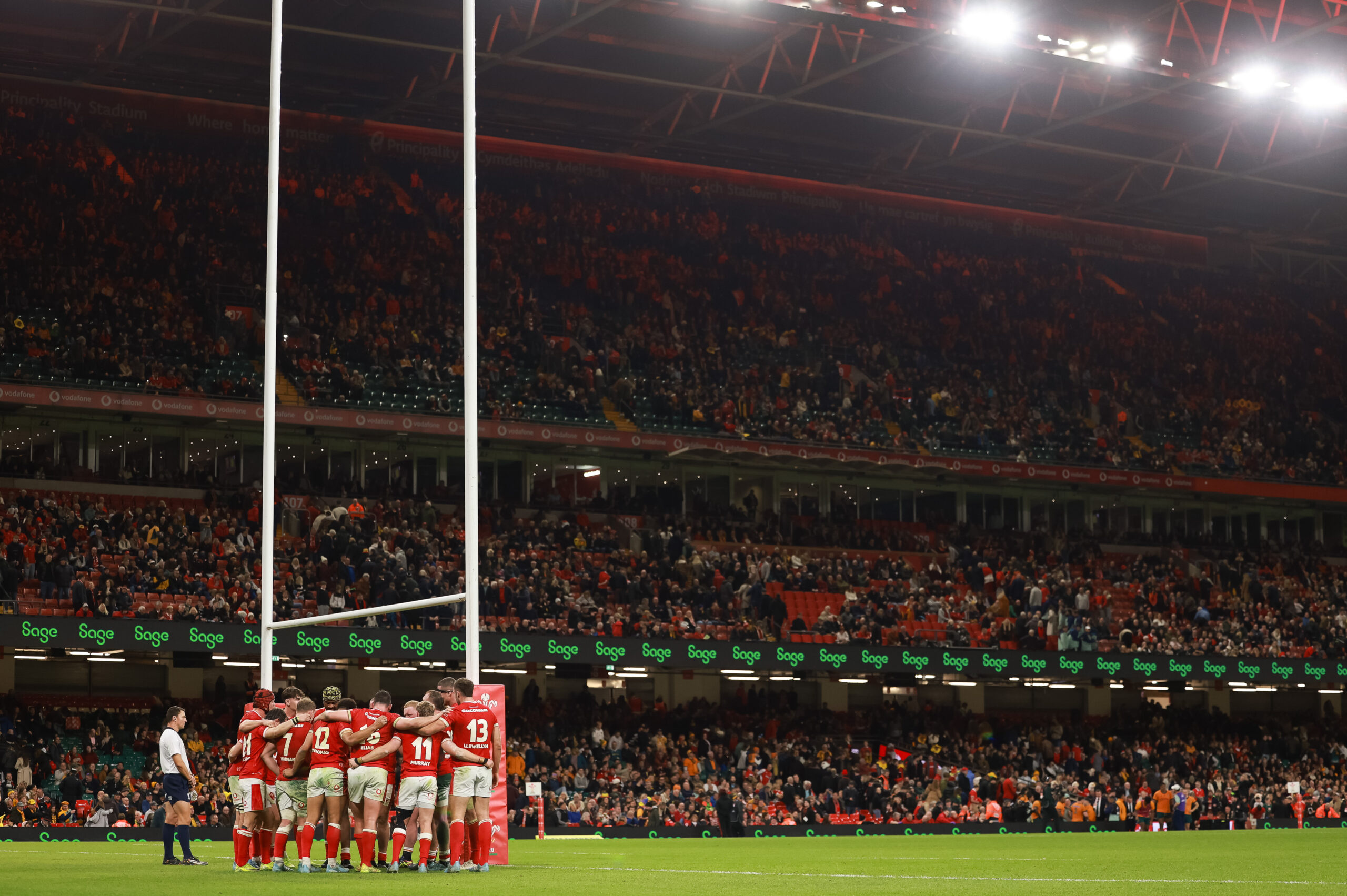Let’s Talk with Gwen Crabb
As part of our Let’s Talk series in the magazine, Sportin Wales sat down with Wales international Gwen Crabb to talk about the mental struggles with recovering from multiple long-term injuries.
Sport can be cruel, or so the saying goes.
Sometimes it can be downright evil.
It can become a stream of frustrations until you’re left looking to the heavens with the cry ‘why always me?’ – and not in the way Mario Balotelli meant it.
For Wales international Gwen Crabb, December 2022 marked the first of a triumvirate of injuries leaving her unable to play the sport she loves for the best part of two years.
“It started after I got back from the 2022 World Cup in New Zealand,” says Crabb.
“In my third game back for Gloucester-Hartpury, I broke my ankle and fibular, plus I displaced my foot, which was traumatic.
“I was in hospital, surgery and didn’t leave for four days. Across Christmas, with bad weather and it being constantly dark outside, it was mentally tough.”
Like a lot of players, Crabb set herself a goal to return, aiming for the following years’ Six Nations.
“I got back, selected to start against Ireland, but I had this fear of re-injury, which is not something I’d experienced before,” says Crabb.
“I saw the sports psychologist who taught me about my limbic brain and how it was telling me I’d get injured as it was fighting for survival.
“If I didn’t speak to the psychologist then I might be at training, go to step and think; ‘No I can’t, I’ll get injured.’
“Leadership expert Drew Povey said on our podcast, ‘life is a team sport’ and it’s so true because you can’t do everything by yourself, you need other people’s points of view to help shape your opinions and make you a better, more rounded person.
“After getting over that fear I went into the Ireland game. Six minutes in, I ruptured my right ACL. It was probably the lowest moment of my life when that happened.
“All the adrenaline, caffeine was kicking in and it came crashing down, lower than I ever thought.”
Heartbreak. Especially as Crabb had ruptured her left ACL six years earlier aged just 17.
“Coming off against Ireland, I repeatedly remember saying to the physios, ‘I can’t do this again, I can’t do this again, I can’t do this again,’” says Crabb.
“The next couple of weeks were horrendous to be honest. It was like I’d broken up with someone, except I’d broken up with my ACL.
“I would be fine and then cry, I couldn’t get my head around it. I was thinking ‘Why me?’ and that’s not a healthy mindset to be in, it makes you feel very out of control.”
Her response was to make the best out of a bad situation during another enforced layoff.
“Rugby is very all-consuming as a job,” says Crabb.
“When you go to sleep, when you get up, what you eat, everything is tailored to becoming the best athlete you can be.
“When you do pick up a significant injury it gives you space to breathe and see there’s more to life than rugby.
“I started to think of the opportunities I could have rather than the ones I was missing out on like Six Nations, Gloucester’s Prem title and WXV.”
Sadly, knee injuries have become all-to-common in women’s sports. Welsh squad players Kayleigh Powell, Meg Webb, Alisha Joyce-Butchers, Ffion Lewis and Crabb’s housemate Courtney Keight amongst those to suffer knee injuries in recent years.
However, it has created a great camaraderie between the teammates.
“I think when you’re in the team environment, everyone gets caught up in what they’re doing,” says Crabb.
“Coming back from a serious injury you have these miny milestones, like running for the first time. It’s not that big of a deal, but people who have also suffered similar injuries get it.
“Living with Courtney, we’d come home from training and say what we’d achieved in our recovery. It might be something as simple as running but the other person could remember how amazing that feeling was, and we supported each other.”
In October last year, Crabb joined forces with Wales teammate Ffion Lewis to co-host the ‘Say It How It Is’ podcast, born out of both players’ desires to help people by sharing theirs and others stories.
On the podcast, Crabb opened up about being bullied as a child and struggling to fit in.
“I’ve never really fitted in, in any sense of the word really,” says Crabb.
“When I was in primary school, I was curious, diving into everything at school, studying and getting top marks, which adults thought was great, but the kids, not so much.
“I felt like I was a piece of a jigsaw that didn’t fit. I didn’t feel the effects until I was older. Some days I’d think it was sad that people didn’t like me but then I’d think ‘I like me’, which is a nice and naïve way to look at things.
“When people say things, you might not realise they’ve affected you for years to come. Sometimes I’m scared to say things to my friends or give an honest opinion in case they’ll turn around and say, ‘I didn’t like you anyway, so that’s us done.’
“That’s almost turned me into a people pleaser, a ‘yes woman’, you can end up being walked all over and that feeds into thinking they didn’t like you anyway.”
The bullying she struggled with in school also influenced some body confidence issues.
“In year 10 P.E. we were set a fitness journal task, my mindset was ‘If I’m going to do it, I’m going to win,’” says Crabb.
“I was training all the time, and my nutrition was poor, so much so that I lost three stone in three months.
“I was pretty heavy before, but I wasn’t unhealthy in particular and then people wanted to speak to me about my weight loss. A couple of weeks later and those same people were saying things like ‘Oh my boyfriend wouldn’t like me if I was as skinny as you,’ so they bullied me for being bigger and then bullied me for being skinny.
“That comment has always stuck with me because it doesn’t matter what you do, there’s always something people are going to find to pick on you for.”
Fortunately, Crabb found rugby, a sport with the principle as one for all shapes and sizes, but more importantly, it was a place where Crabb felt she could fit in.
“I owe a lot to rugby because it allowed me to understand there’s a place for everyone within a team,” says Crabb.
“Over time, many years, it started to change my perception of body image and seeing your body as your tool to perform on the field rather than what it looks like or what people think it looks like.
“Now I’ve got to the point where I don’t stress about what I look like. I understand that when I’m injured my body will change and that’s okay.”
Crabb suffered another setback in her recovery from injury in March this year. Her knee once again the issue causing her to miss the Six Nations along with the Premiership Women’s Rugby run-in as Gloucester-Hartpury retained their title.
“In the fifth game back for Gloucester my left knee shifted,” says Crabb.
“My reaction was ‘Oh no! Why has this happened?’ and then you start spiralling. ‘Why is this happening to me again?’ etc. etc.
“I know my body pretty well by now and something wasn’t right, so I had surgery which meant I was out of the Six Nations.”
A further disappointment, another trophy lift missed, and an international campaign lost. The obvious question, how does one keep motivating themselves to come back time and time again?
“A big motivator for me is being happy,” says Crabb.
“Before my ankle injury I was consumed by the week to week, the constant routine and it’s not until you’re out of it that you realise what actually makes you happy.
“Don’t wait until you’re struggling with your mental health to get on top of things. Naturally, across rehab you have bad days in training, but I try and look at what is going to make me happy and feed my soul and that’s my incentive.”
“Recently I’ve been doing 25 lessons for 25 years of life because of my birthday and one of things was about my morning routine with my morning coffee,” Crabb adds.
“I love my coffee and the process of learning to make latte art. During the course of my injuries, it was the one thing I could do, making new latte art, then read a book or listen to some music for half an hour in the mornings before training.
“After that, any setbacks I had during the day didn’t matter because I’d had that half an hour to myself and accomplished something.
“You have to build these things into your routine so that it becomes a way of life rather than not being bothered to do something you just do things to make you happy.”
